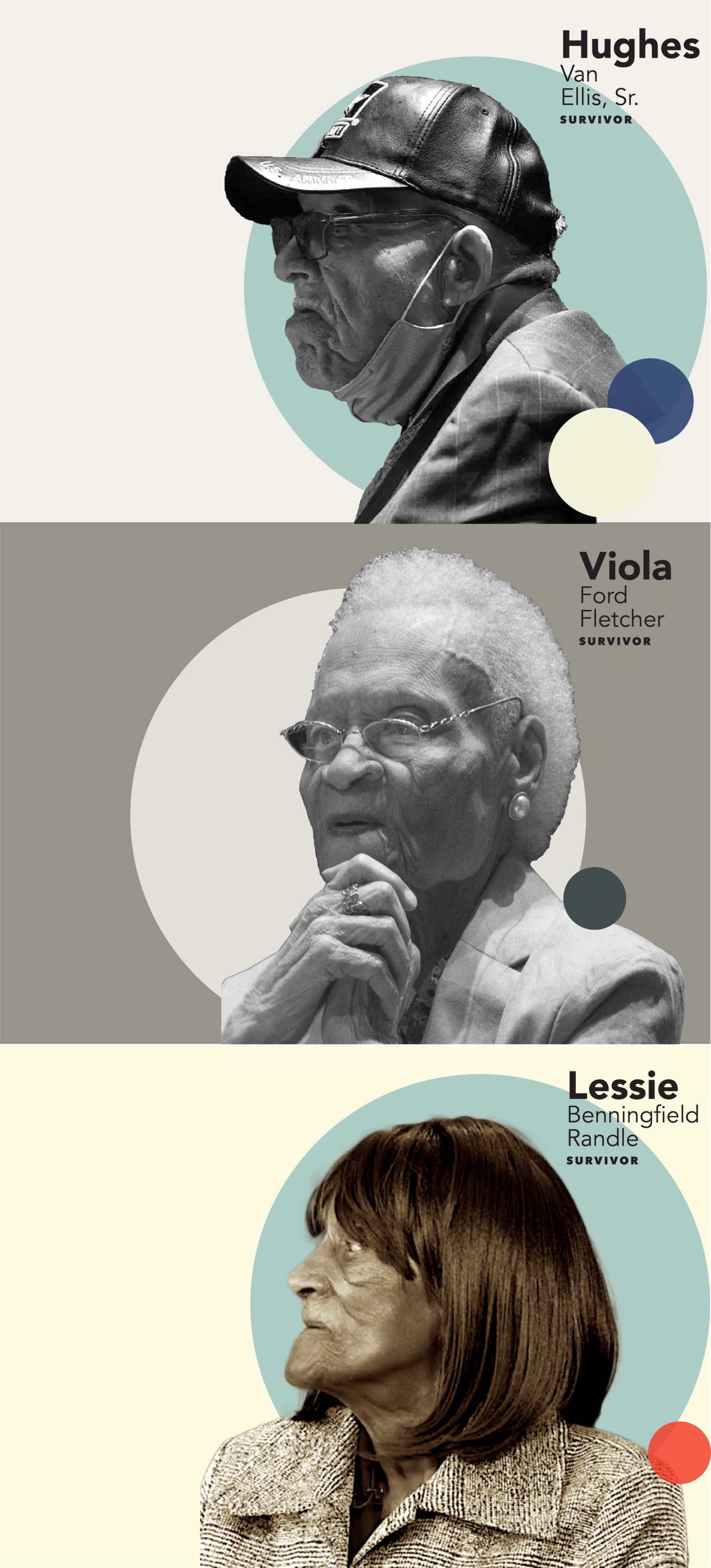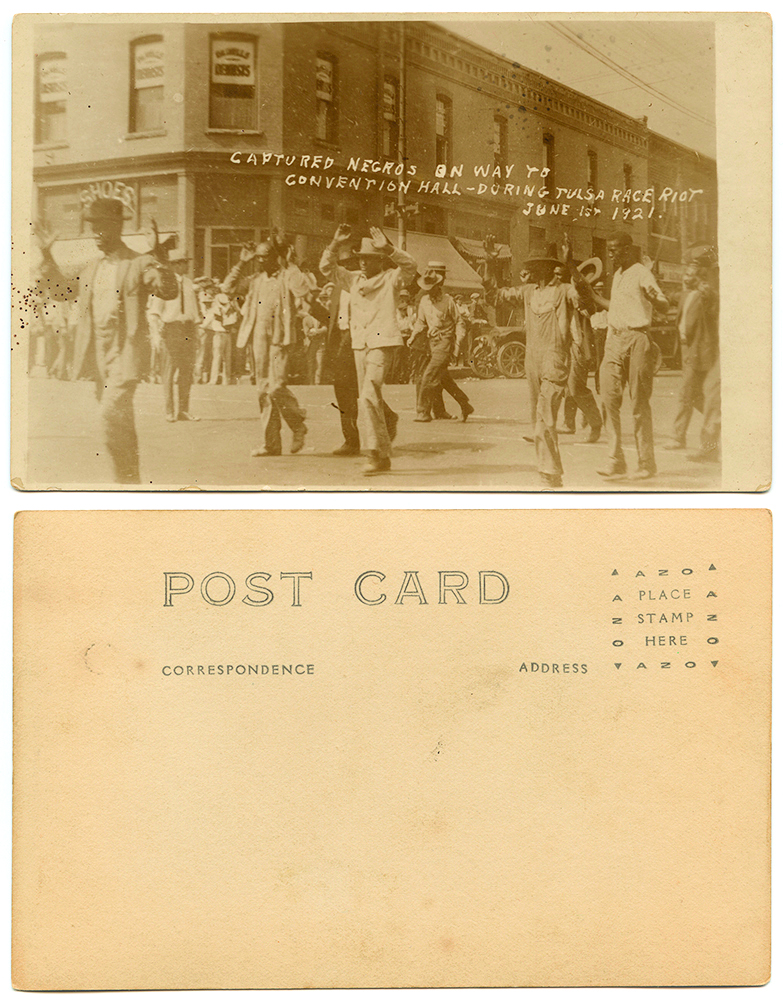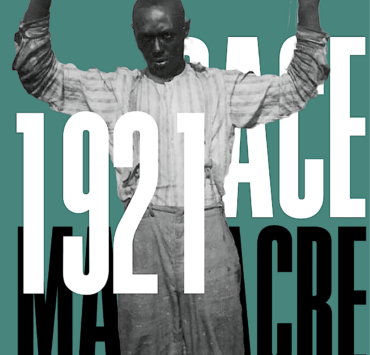
The legal team fighting for the survivors is preparing to appeal Wall’s July 7 decision to reject the case to the Oklahoma Supreme Court. The appeal must be submitted by August 7. The team must launch a new legal battle if the Supreme Court decides to move forward.
The lawsuit was initially filed in 2020. It stated that the 1921 Tulsa Race Massacre represented an “ongoing public nuisance” to survivors Viola Fletcher, Lessie Benningfield Randle, and Hughes Van Ellis Sr. The lawsuit also said the destruction of what had been America’s most prosperous Black business community continues to affect Tulsa. Wall rejected the case “with prejudice,” which means it can not be resubmitted.
“Most legal experts who are looking at this case say we absolutely have a right to move forward and have the opportunity to prove our case,” said Damario Solomon-Simmons, the Tulsa attorney who is leading the defense on behalf of the three race massacre survivors in an interview with The Oklahoma Eagle.

Keeping hope alive
Solomon-Simmons is keeping hope alive that the Court will eventually rule in the survivors’ favor.
“We feel very strongly that the law is clearly on our side, that there’s no legal basis for us to be in for us, our case to be dismissed at this stage of a motion to dismiss,” he told the Eagle.
Solomon-Simmons added that he draws from the example of his ancestors to guide his way forward.
“I look at the picture of B.C. Franklin and I.W. Spears, practicing law in a tent [a] day after the massacre also fallen against the very people that perpetrated the massacre. And I’m saying if they really, if they had the courage or the strength? What I’m dealing with, all of the obstacles and opposition, literally pales compared to what they did. So that is how I believe, that is how I can say, okay, let’s go ahead.”
Oklahoma St. Rep. Regina Goodwin (Dist. 73) concurs. “We have to follow the legal procedures and hope that they did the right thing,” she said in an interview with The Oklahoma Eagle. “Of course, prayer will also be needed,” she added. Goodwin is a prominent north Tulsa descendant of race massacre victims and an outspoken advocate for race massacre survivors.
“Unfortunately, this is what we have been accustomed to,” Goodwin continued. “This is our third go-round and going all the way back to my great-grandmother and 1922. There was another lawsuit in the early 2000s. And now here we are in 2023, and we’re making the same unjust decision.
Plain and simple: It is wrong.”
Solomon-Simmons, Goodwin, and other supporters of the race massacre survivors expressed shock and disappointment that Judge Wall ruled against the case.
“After the ruling came down, I went through a period of 36 hours of hurting and just feeling depressed,” Solomon-Simmons said. “And I concluded after speaking to some supervisors and family members and praying and getting myself back into what we call fighting form.”
Survivors shocked
“It was hard to read the dismissal news,” Goodwin added. “We know that in any fair system, that suit should not have been dismissed.”
The survivors were shocked at Judge Wall’s ruling, Solomon-Simmons said. “But these are people who have survived every possible trauma,” he added. “They see his as something we will get through.”
The ramifications of Wall’s dismissal of the case reach far beyond Tulsa and Oklahoma. Dozens of Black communities across the U.S. seeking reparations for the ills of slavery were watching the lawsuit closely to determine if the courts might be an avenue to pursue.
“With this decision, many advocates of reparations elsewhere realize that they cannot put total faith in the courts,” said Solomon-Simmons.
Some observers expressed skepticism that the Oklahoma Supreme Court would even decide to hear the case.
Some even pondered whether Judge Wall’s decision marked the death knell for the three Tulsa Race Massacre victims’ legal battles for compensation. In an interview with the Oklahoma Eagle in June 2022, celebrated journalist and author Nikole Hannah-Jones noted that in similar instances nationwide, the court has prolonged the case until all of the survivors involved in such cases have passed. All three survivors in the lawsuit are more than 100 years old. “Maybe that’s what they are doing in Tulsa,” she said.
The history of the survivors seeking reparations through the courts underscores their pessimism.
In 2005, the U.S. Supreme Court declined to hear a reparations case appeal after federal courts determined that the statute of limitations had expired. Following that ruling, dozens of survivors stood dejected outside the Supreme Court.
The lawsuit that Judge Wall ruled against identified seven entities or organizations it alleges were directly involved in the massacre. They include the city, county, state National Guard and Tulsa Chamber of Commerce.
“The city police department and the county sheriff’s office deputized and armed white Tulsans to murder, loot, and burn the nearly 40 city blocks of the Greenwood District,” the lawsuit stated.
“The State National Guard participated with this angry white mob in killing and looting and destroying the property of Black residents of Greenwood. The city, sheriff, chamber, and county targeted Black community leaders and victims of the massacre for prosecution as instigators of the massacre — despite knowing who was truly responsible.”
The lawsuit accuses the chamber of joining other officials after the massacre to impose martial law and round up survivors into “concentration camps,” only releasing them if white employers sponsored them to work.
In her decision, Wall sided with the City of Tulsa. In earlier filings, the City argued that “simply being connected to a historical event does not provide a person with unlimited rights to seek compensation from any project in any way related to that historical event.
Lend us a hand in 2023
I hope you appreciated this article. Before you move on, I was hoping you would consider taking the step of supporting The Oklahoma Eagle’s journalism.
From the various media outlets in our market, to a small number of billionaire owners and private equity firms have a powerful hold on so much of the information that reaches the public about what’s happening in the world. The Eagle stives to be different. We have no billionaire owner or shareholders to consider. Our journalism is produced to serve the public interest – not profit motives.
And we avoid the trap that befalls much U.S. media – the tendency, born of a desire to please all sides, to engage in false equivalence in the name of neutrality. While fairness guides everything we do, we know there is a right and a wrong position in the fight against racism and injustices. When we report on issues like the mental health crisis in the Black community, the ongoing issues with public education and the political discord and troubling legislation being enacted at the Oklahoma statehouse, we’re not afraid either to name or hold those individuals responsible for problems that work against improving the lives of Black people.
Around this nation, our readers can access the Eagle’s paywall-free journalism. Our readers keep us independent, beholden to no outside influence and accessible to everyone – whether they can afford to pay for news, or not.
If you can, please consider supporting the Eagle today. Thank you.
James O. Goodwin, publisher








